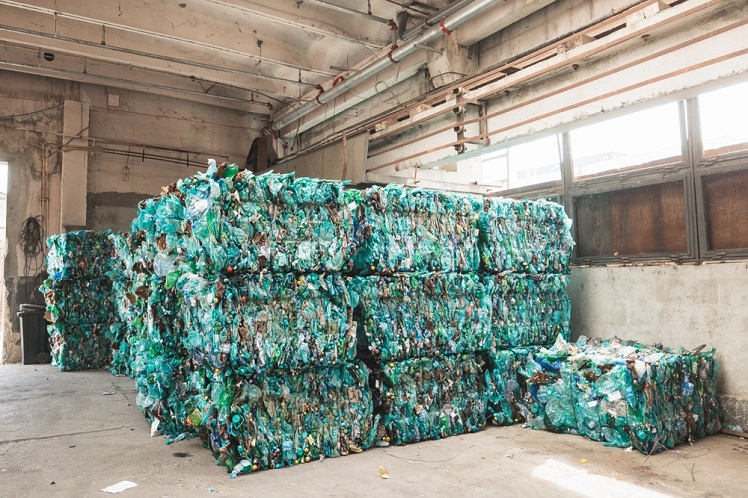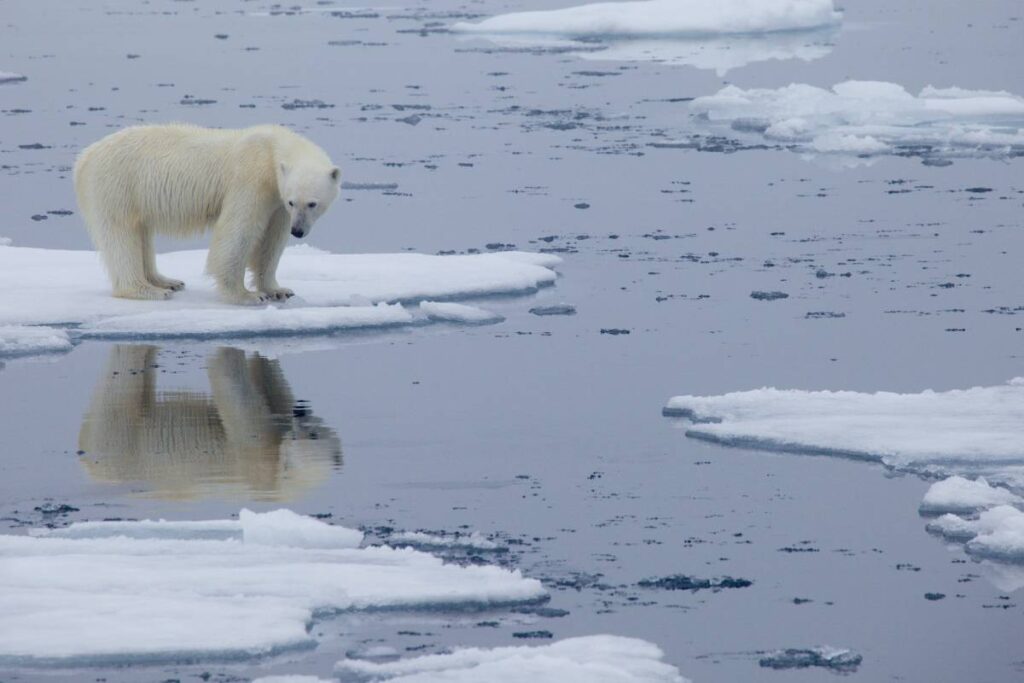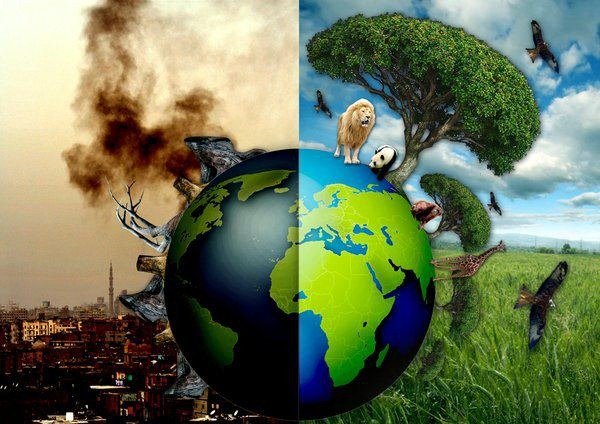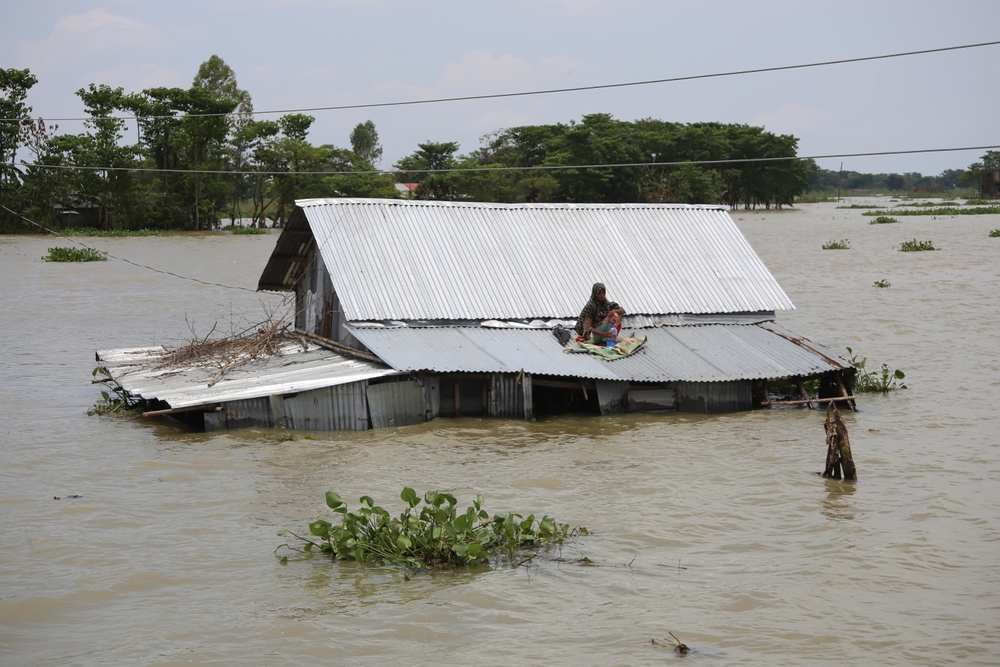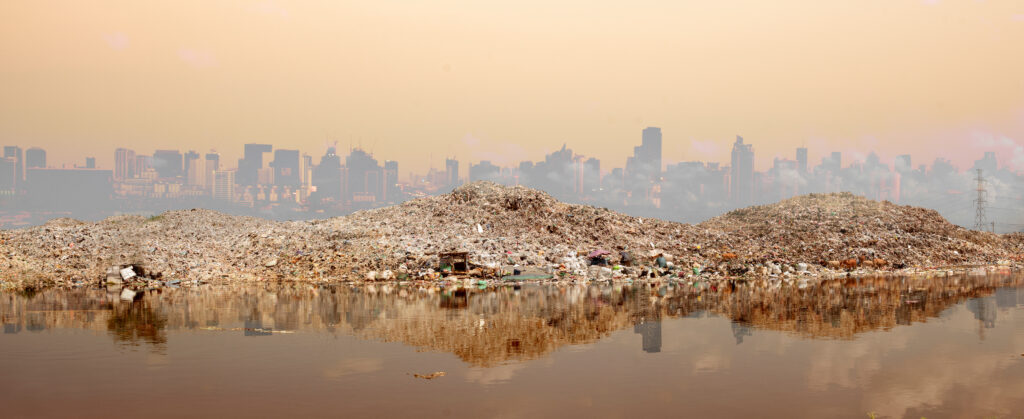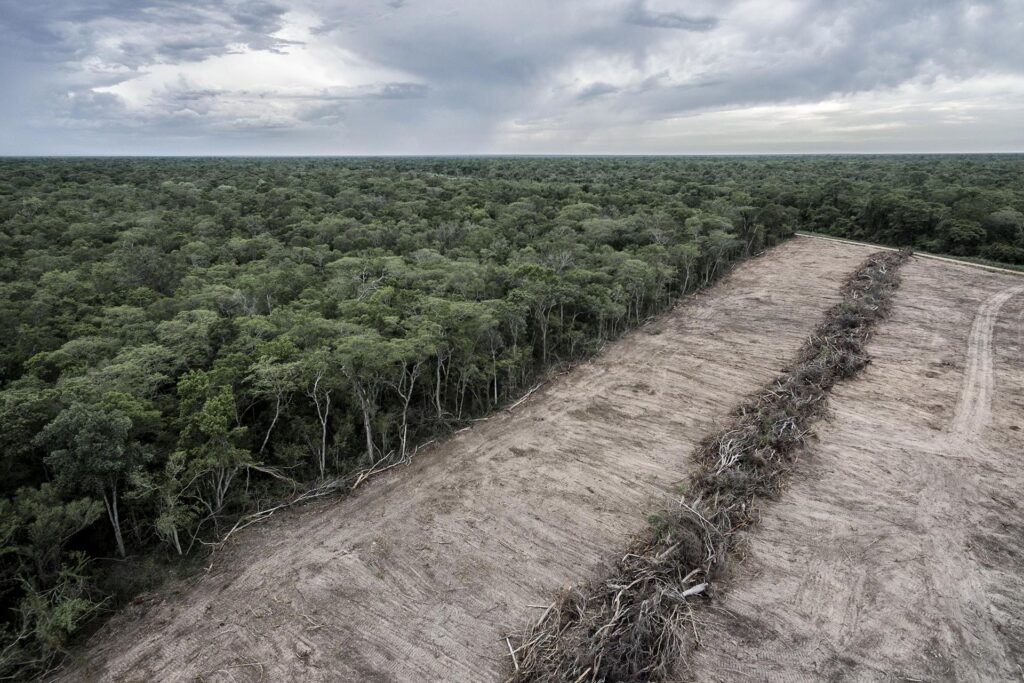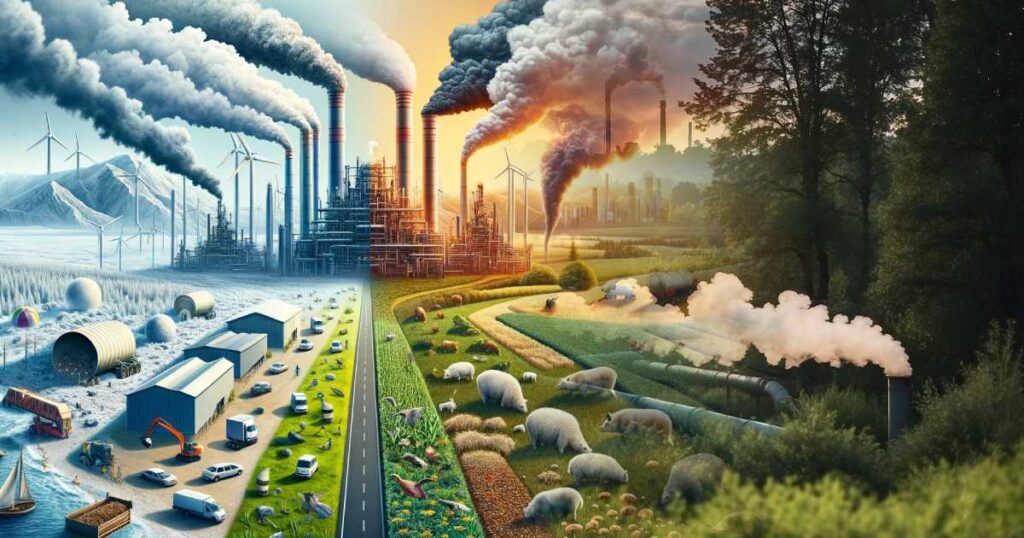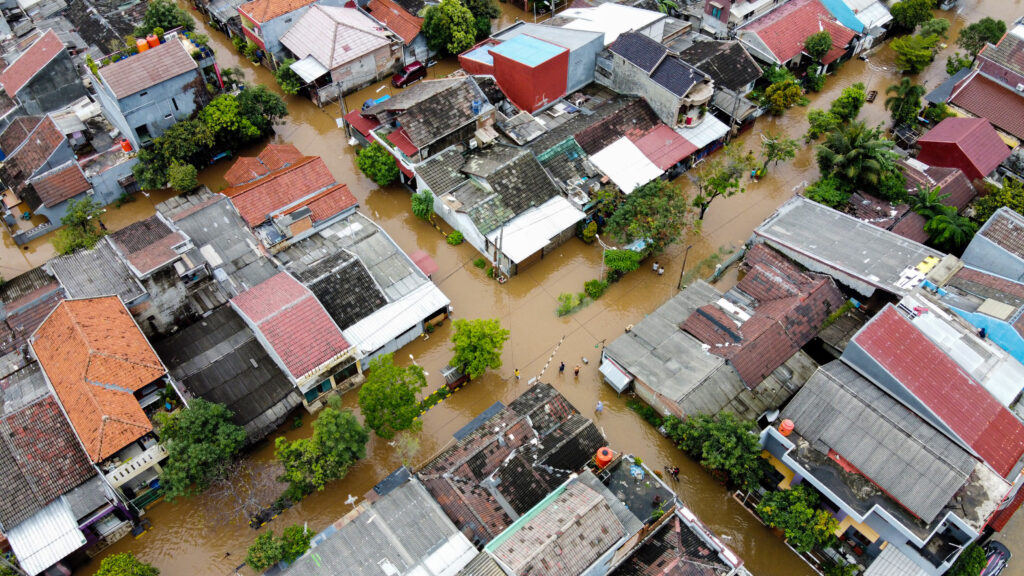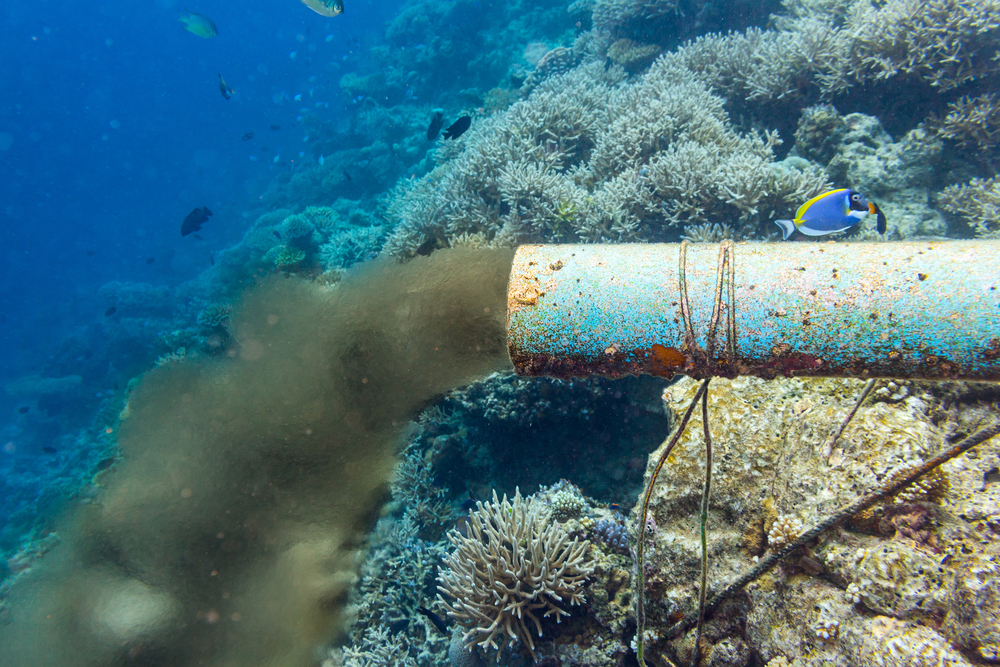Understanding how recycling helps climate change is crucial as we navigate the escalating global waste crisis and its environmental impact. Over 11.2 billion metric tonnes of waste is generated annually, and only around 19% is recycled. This is anticipated to increase by over 70% by 2050.
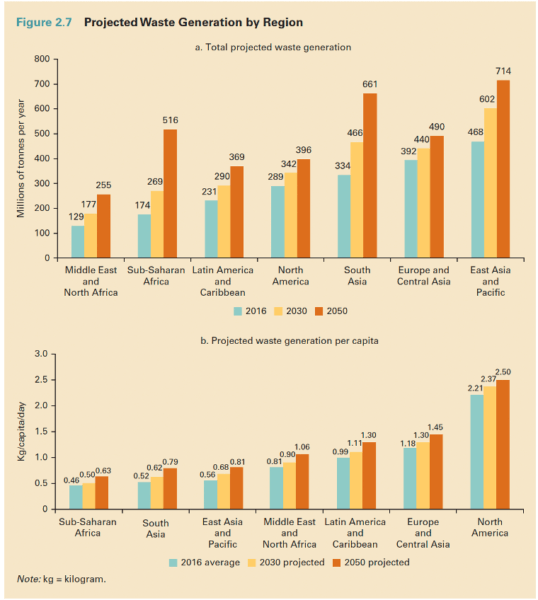
The waste sector accounts for about 20% of human-related methane emissions and 5% of global greenhouse gas emissions, and it directly pollutes the environment. Furthermore, improper waste management can have major adverse health implications for local communities.
Reducing waste generation is crucial to mitigating and adapting to climate change. The 3R waste management principles (reduce, reuse, and recycle) serve as a core strategy in this process. They offer a pathway towards limiting the adverse impacts of waste on climate change and developing a more sustainable economy.
Why Are the 3Rs Important to Climate Change?
The 3Rs (reduce, reuse, recycle) focus on reducing how many new products we buy and use. They focus on reusing existing products and recycling products instead of throwing them out. While reducing the number of new products we use is the most impactful, it is impossible to eliminate new products completely. This is where recycling comes in.
Recycling can play a major role in helping fight climate change in many ways.
Reducing Extraction of Raw Materials
Recycling plays a pivotal role in reducing the extraction of raw materials, particularly critical minerals essential for the transition to clean energy and technology. The global demand for rare earth metals is expected to nearly triple by 2030, and existing mining operations are already struggling to keep up with demand. Furthermore, these mining operations have significant negative environmental and health impacts, producing around 2,000 tonnes of toxic waste per tonne of metal produced.
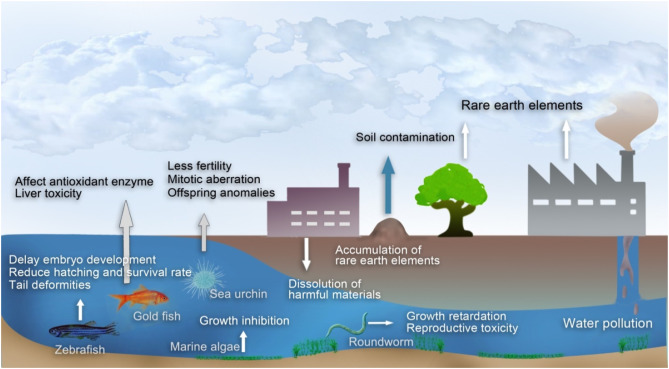
By repurposing existing materials through recycling, the demand for freshly mined resources can significantly decrease. This not only conserves natural resources but also mitigates the environmental degradation associated with mining activities. This opportunity remains untapped, with rare earth metal recycling rates at less than 1%.
However, while recycling can alleviate the scarcity of critical minerals, it is not a standalone solution. It serves as a complementary strategy that, when combined with sustainable mining practices, can ensure a steady supply of essential minerals for future technologies and support both environmental sustainability and technological advancement.
Reducing Waste Entering Landfills
Recycling significantly reduces the amount of waste entering landfills by repurposing materials that would otherwise contribute to landfill mass. This diversion reduces the emissions from landfill waste, the amount of toxic compounds released into the environment and the space taken up by landfill.
Currently, in the US, there are over 3,000 landfills covering over 7,000 square km of land. This is significantly higher when you consider the global landscape. As waste increases, so does the need for landfill area, which drives the redevelopment of natural habitats. Also, landfill linings can leak, contaminating nearby water resources. This can destroy natural ecosystems, making them less resilient to the changing climate and reducing available drinking water.
Fewer Greenhouse Gas Emissions
Recycling helps fight climate change by reducing emissions in two primary ways. First, recycling demands far less energy than producing new products from virgin materials. In turn, this reduces fossil fuel use and lowers greenhouse gas emissions. The actual energy savings vary by product and material, but aluminium is a good example. It takes 95% less energy to make one can from recycled aluminium versus virgin aluminium.
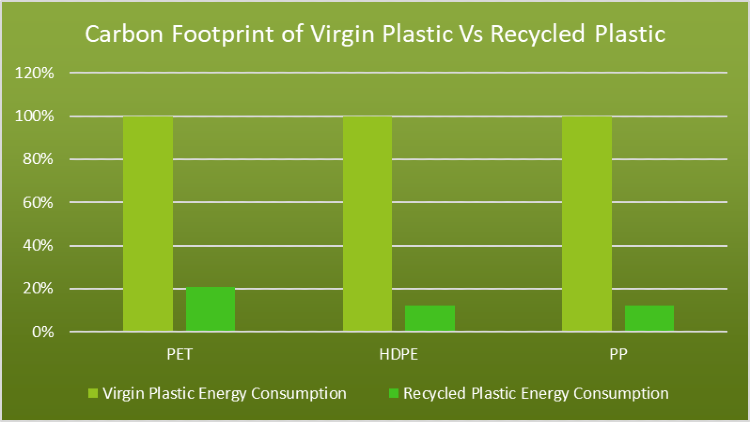
Second, recycling products reduces the need to cut down trees and other plants for new products. These natural environments are significant carbon sinks, absorbing upwards of 7.6 billion metric tonnes of carbon dioxide annually – about 30% of global annual emissions. Protecting forests and planting more trees is a primary, nature-based climate change adaptation and mitigation solution.
Contributing to the ‘Sustainability’ Mentality
Beyond its direct environmental impacts, recycling instils a culture of sustainability and environmental responsibility among individuals and communities. It acts as an accessible entry point for people to engage in sustainable practices, demonstrating that small, everyday actions can profoundly impact our planet’s health. This shift towards a more conscientious lifestyle encourages a circular economy, where products and materials are reused and recycled, minimising waste.
Furthermore, recycling is an educational tool, raising awareness about preserving natural resources and reducing our carbon footprint. As people become more involved in recycling efforts, society fosters a more collective commitment to environmental stewardship, promoting the widespread adoption of green practices beyond just recycling.
The Path Forward in Recycling and Climate Action
Scaling up recycling is a key strategy in the fight against climate change. Using the US as an example, bringing waste generation rates back to 1990 levels would reduce greenhouse gas emissions by 11.6 million metric tonnes annually. The adoption of advanced recycling technologies, the digitisation of waste management systems and the promotion of circular economies represent promising avenues for growth and sustainability.
As we confront the dual challenges of waste management and climate change, recycling emerges as a crucial, actionable solution. Engaging in recycling is a simple yet impactful action that individuals, corporations and countries can do to contribute to a healthier planet.
Eric Koons
Writer, United States
Eric is a passionate environmental advocate that believes renewable energy is a key piece in meeting the world’s growing energy demands. He received an environmental science degree from the University of California and has worked to promote environmentally and socially sustainable practices since. Eric has worked with leading environmental organisations, such as World Resources Institute and Hitachi ABB Power Grids.
Eric is a passionate environmental advocate that believes renewable energy is a key piece in meeting the world’s growing energy demands. He received an environmental science degree from the University of California and has worked to promote environmentally and socially sustainable practices since. Eric has worked with leading environmental organisations, such as World Resources Institute and Hitachi ABB Power Grids.

